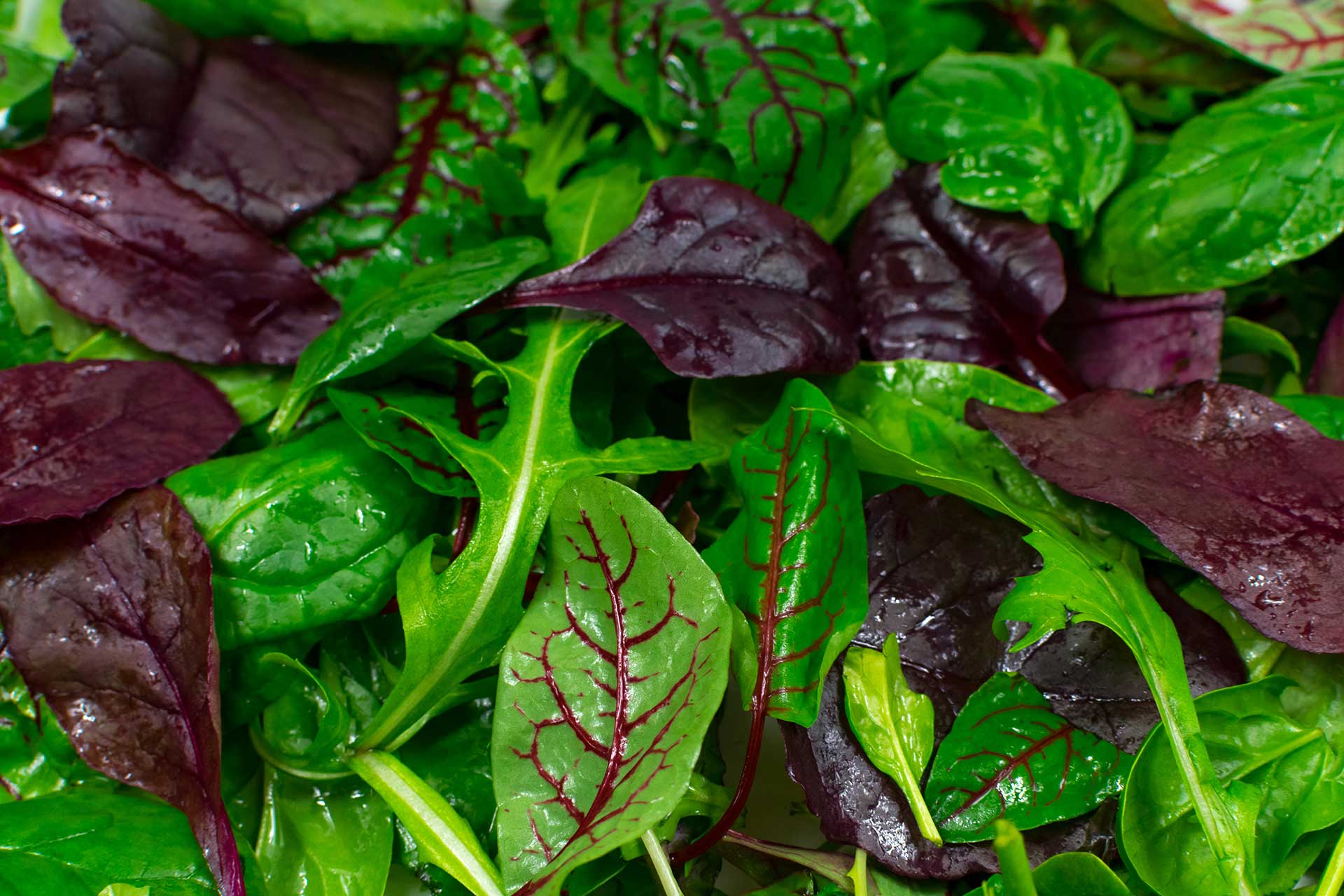Are you getting enough green food into your daily meals?
Green is associated with springtime and also where you can find some potent glutathione rich foods. For this reason green foods are useful for supporting detoxification.
Green foods are typically high in chlorophyll, an antioxidant molecule naturally occurring in plant foods, which helps bind harmful compounds in cooked foods.
Examples of high-chlorophyll foods include spirulina, chlorella, alfalfa, and a variety of leafy greens, sprouts, and microgreens (these tend to be especially high in several vitamins and phytonutrients). Caution needs to be taken if you are on blood thinning medication.
As I previously mentioned, your body produces and recycles glutathione, but that does not mean there is an endless supply. There are times when the oxidative stress or toxic load may be more than your body’s current capacity to synthesise sufficient levels of glutathione. When we are working on breaking down and removing excess toxins, we need an abundant supply to protect our cells from any damage by these toxins as they are removed.
Glutathione may be the mother of all antioxidants, but it does not work by itself. It is part of a complex antioxidant system that works synergistically to retain redox balance. Therefore, ensuring adequate levels of other key antioxidants can also support glutathione levels. A few key ones include:
- Selenium: is a known antioxidant and the right balance is essential to health. One reason may be its role as a cofactor of glutathione peroxidase.
- Vitamin C: In one study, taking 500 or 1,000 mg per day of vitamin C for 13 weeks led to an increase of 18% of the glutathione levels in white blood cells. Another study found that taking 500 mg for weeks two and three and 2,000 mg per day for weeks four and five in a six-week trial led to an increased level of glutathione in red blood cells. Similarly, curcumin has also been found to provide support to glutathione through increasing antioxidant capacity and relieving inflammation.
Other Support:
There are other ways to support your glutathione levels as well as your overall health. A few that have research support behind them include:
- B vitamins – Riboflavin (B2)is a necessary coenzyme for the activity of glutathione reductase, which converts the oxidized glutathione into its reduced form, which is the antioxidant function. Thus, it is likely that a riboflavin deficiency would impact glutathione function and may even impact the levels in the body. Pantothenic Acid may also help support glutathione synthesis through its position in ATP production. B12 deficiency is associated with lower glutathione levels.
- Gut microbiome – Maintain a healthy microbiome, as the gut microbiota may just support glutathione production.
Additionally, taking the steps to reduce your oxidative stress and inflammatory levels through healthy lifestyle choices such as exercise and sufficient sleep may also support your overall glutathione levels.
GLUTATHIONE RICH FOODS:
Some foods with high glutathione levels include those green foods: avocado, green asparagus, okra, and broccoli. Also: turmeric, almonds, These foods can increase cellular glutathione levels and provide antioxidant benefits. Broccoli sprouts and other microgreens are also very useful sources.
For those looking for more science and glutathione here is a research paper for you:
https://www.ncbi.nlm.nih.gov/pmc/articles/PMC6770193/
Remember how you store your food is also important for minimising toxin exposure. I will be explaining more, over the next week.
